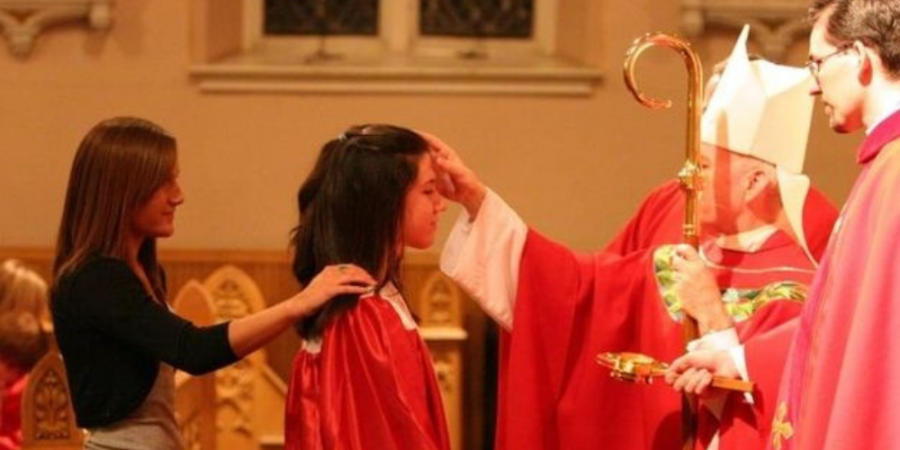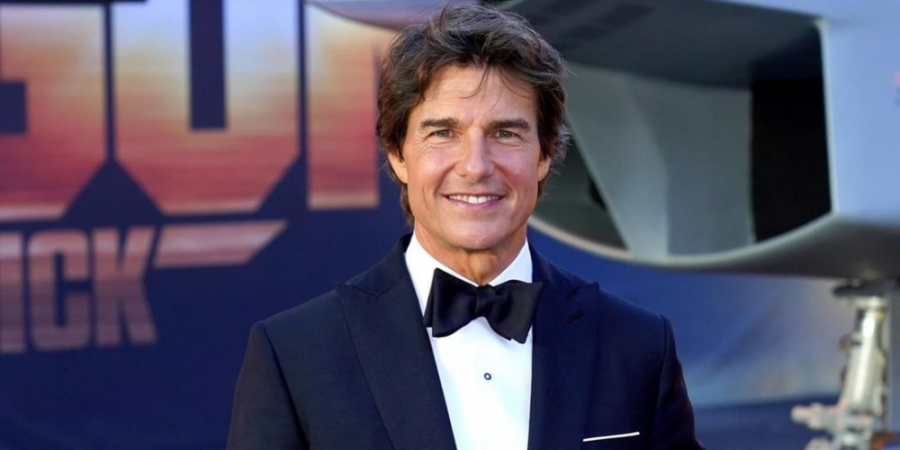Bill Gates is a tech tycoon with a big bank balance and an even bigger heart. When he and wife Melinda created their charity foundation in year 2000, they made a public promise to change the shape of healthcare and economy in developing countries within 15 years.
Staying true to his promise, Gates has put $40 million into research for creating a supercow that can produce more milk and end world poverty. But how does he plan to do it exactly?
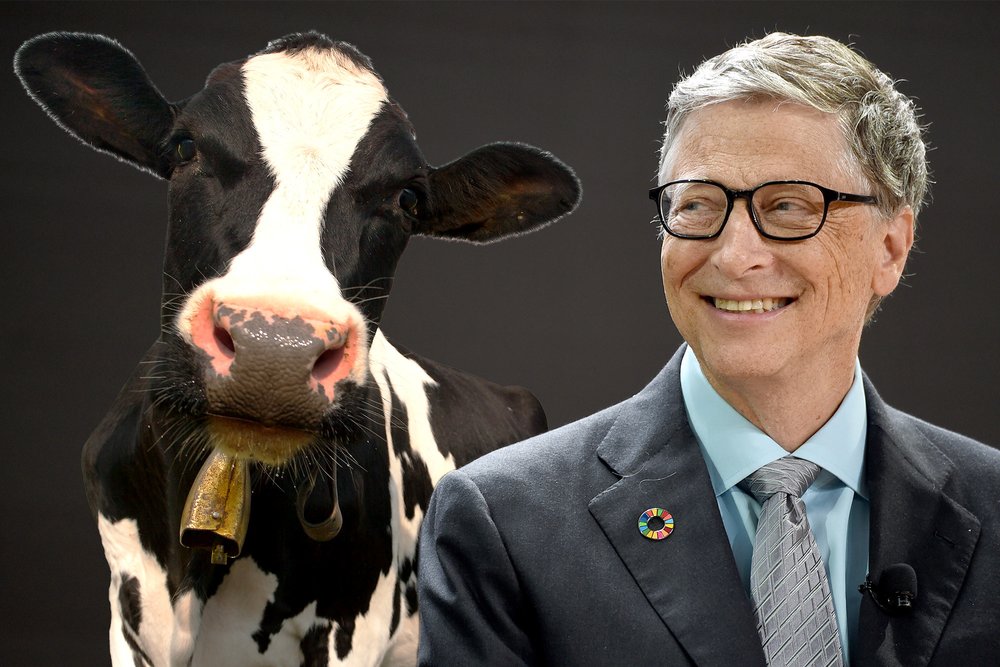
Gates has donated $40 million into research for creating a supercow with the intention to end world poverty
Creating a Hybrid Supercow to Quadruple Milk Supply
Cheese lovers are in for a treat as Bill Gates recently announced that his foundation will be investing in British research for creating hybrid supercows with the toughness of an African cow and the udders of a European heifer to increase the global milk supply.
Gates believes that the study is a crucial step towards ending world hunger and he is ready to put his $40 million on the line to bring the idea of hybrid supercows to life. Currently, the African cows can only produce 3.5 pints of milk whereas their European Holstein-Friesian cousins are capable of pumping out 40 pints of it a day.
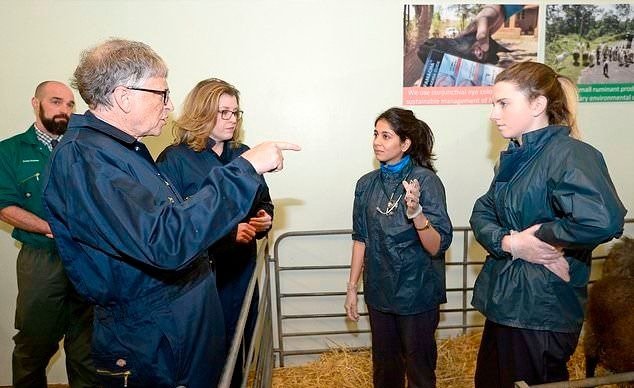
By taking the genes and creating a hybrid supercow, the British research is trying to improve the quality of livestock in the countries that need it the most
But where European cows lead in the milk-production race, the Masai warriors are champions of longevity, with a unique ruggedness to survive the harshest weather conditions and lack of food.
So what do you do when you have two different breeds of cows, each having one of the two most desirable traits in the milk industry? You take their genes and create a hybrid supercow which can produce 40 pints of milk and survive the toughest conditions. This is exactly what a British research is trying to achieve to improve the quality of livestock around the world.
Animals are the Driving Force for Economies
Bill Gates believes that animals are one of the easiest ways of alleviate poverty and hunger in the underdeveloped parts of the world – which is the main goal of his foundation. During his trip to Edinburgh university where he made the generous donation of $40 million, Gates said that livestock is one of the main sources of income for families in poor countries, and the money received for selling dairy products can go to children’s education and wellbeing.
Dairy products from farm animals aren’t just sold, but they also make a basis of healthy diet for the family that owns the animals. In other words, livestock can be the answer to global hunger and poverty.
The creation of hybrid cows opens several doors for improving livestock and quality of food. For one, more investment could be made in developing vaccines for animals in the tropical areas that are still affected by livestock diseases.
These vaccines are fairly cheap and easy to develop and can increase the life expectancy of the farm animals. Selective breeding among livestock is another area of study that is yet to be explored by scientists to create animal hybrids that provide maximum benefit at a minimum cost.
Hoping for a Prosperous Future
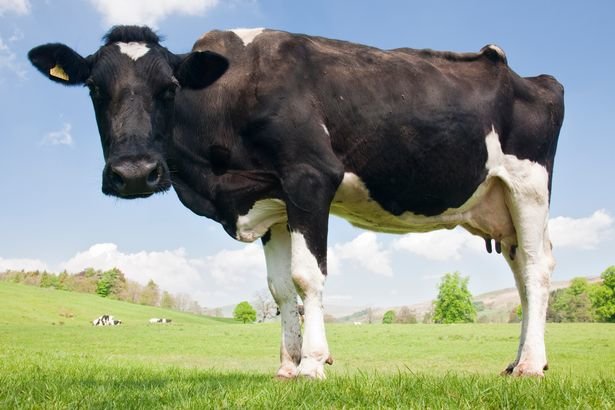
The funding made by Bill and Melinda Gates Foundation will go towards Department for International Development for conducting vaccination research as well as the efforts made by the Edinburgh University in understanding and manipulating livestock genetics.
Bill Gates is confident that the return on his investment dollar will be high if the creation of hybrid cows is successful. Supercows, which have the capability of producing 4 times the amount of milk as their predecessors, will have a huge impact on the economic and health sector of African countries.
The research team led by Appolinaire Djikeng, the director of Tropical Livestock Genetics and Health Center said that their aim is to identify the specific genomes in the cow breeds which give them the desirable traits to make crossbreeding easier. The goal of this study isn’t to create a genetically modified cow, but to actually pick-and-choose traits like disease resistance, high feed conversion rate and high tolerance to extreme temperatures, and put them all in one supercow.






